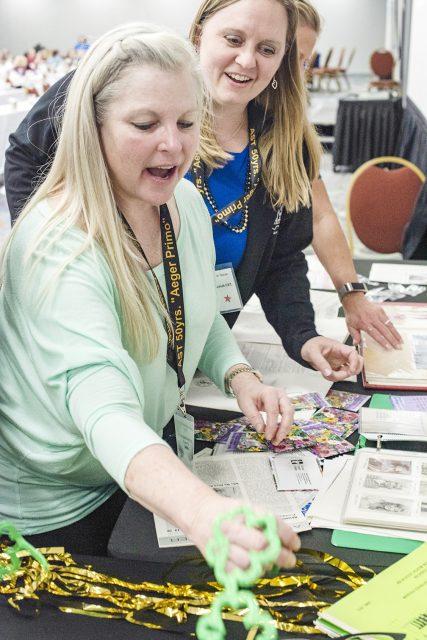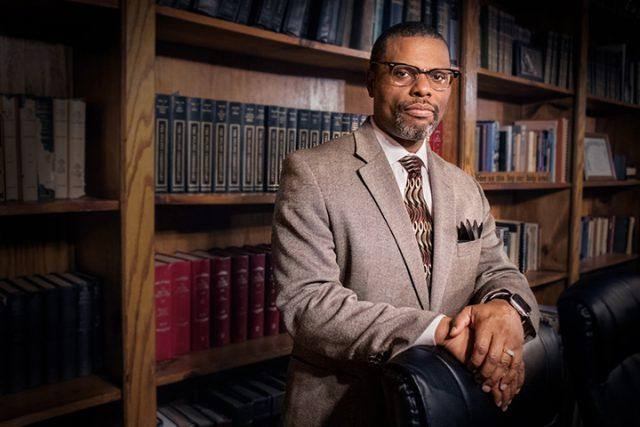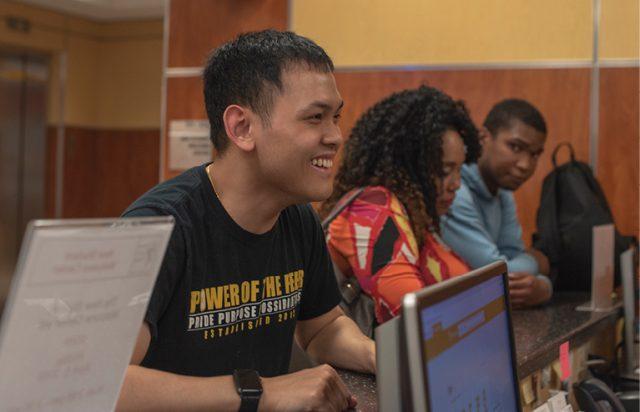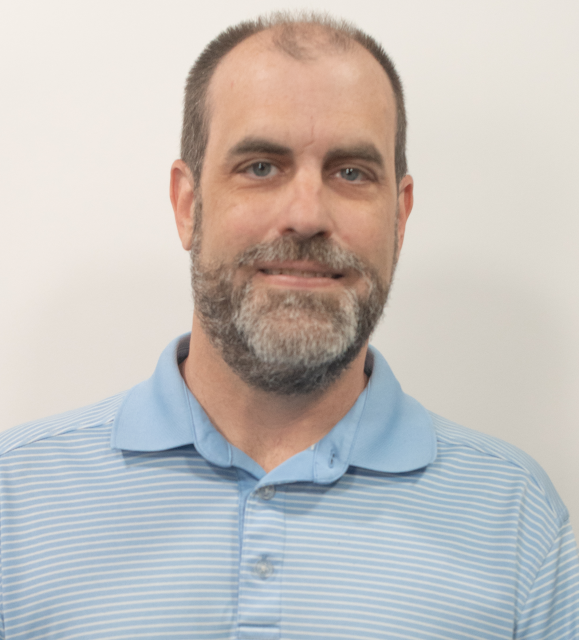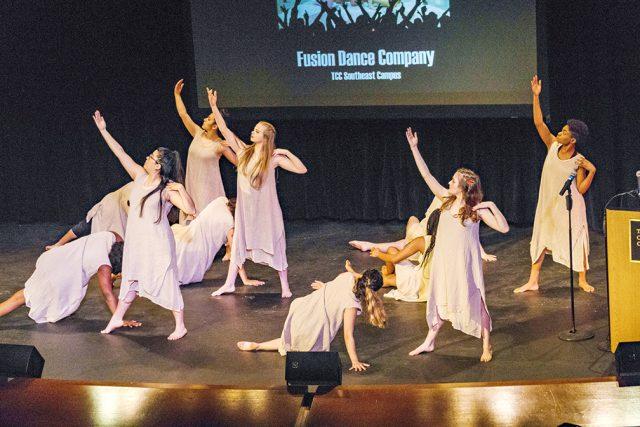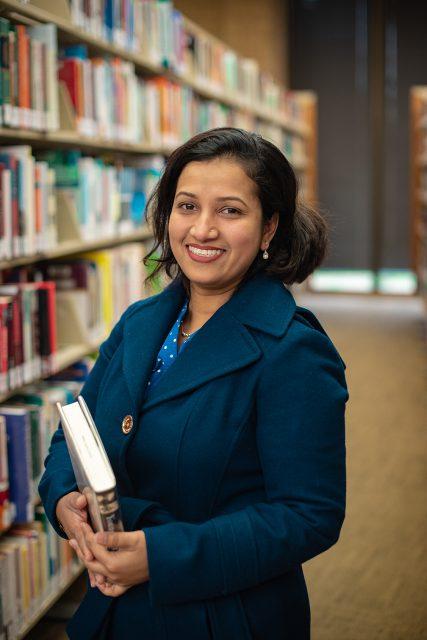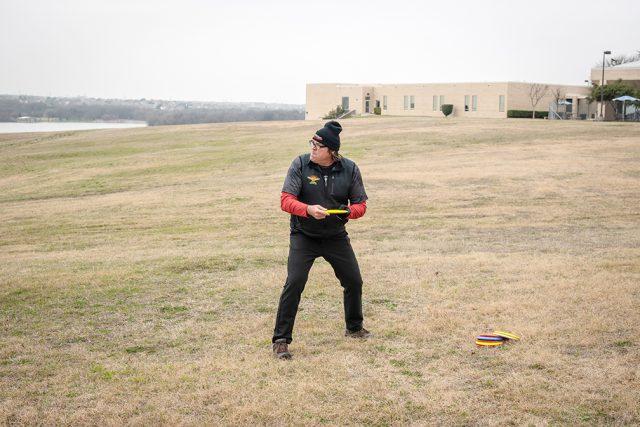By Jade Myers/campus editor
In an operating room, a person in scrubs, gloves and a mask stands close to a surgeon. They carefully pass the correct tools to the surgeon and assist with the surgery. This person is a surgical technologist.
“If you don’t understand aseptic technique and sterile technique, the bacteria that you can bring into the field could kill somebody,” said Cindy Mask, surgical technology director.
This year, the TCC surgical technology program turns 50, and for the first time ever, offers an associate degree alongside the certificate.
“It gives us that much more credibility in the profession, that we’re on the same level as far as education to many of the people that work in the operating room,” Mask said.
Alumni and current students celebrated March 2 at the Radisson in Fort Worth at the annual Best Little Workshop in Texas held by the Texas State Assembly of Association of Surgical Technologists.
Many of the people involved with the association are TCC alumni, and every year, they hold the workshop for surgical technologists to get ongoing training, many of which are also alumni.
One such alumna was Becky Rennick Reed, who got her certification from TCC in 1971.
“I worked as a technician for 13 years,” Reed said. “And then, I actually went to nursing school, so I’m a certified registered nurse in the operating room right now.”
The program gave her direction in a time when she was not sure what she wanted to do.
“It opened so many doors for me,” she said. “It was like a real game changer.”
TCC alumna Melanie Adkin graduated in 1997 and has been a surgical technologist for 21 years.
Current students were also in attendance.
“I always knew I wanted to be in the medical field,” TR student Mallory Hasty said. “I really liked the idea of being in the OR all day.”
Hasty is currently working toward her certification.
“Our national certification test, or exam, is July 8, and we should graduate from the program at the end of July,” she said.
The program started at NE Campus in 1969 and moved to TR Campus seven years ago.
The program had one room at NE Campus for lecture and lab. They had to move the desks and chairs after lectures to make room for the four operating-room tables they used for lab, Mask said.
The program on TR Campus has one room for lecture and a separate room for a lab that has eight operating room tables.
Most students from the program do not have a hard time finding jobs, said Chris Blevins, TCC clinical coordinator of surgical technology. In 2017, 14 out of 15 graduates had jobs before they graduated, and in 2018, 15 out of 17 students had jobs.
The field itself has completely changed over the last 50 years as well, and TCC’s program has worked to keep up with it, Mask said.
“It used to be just stainless-steel instruments, and everybody was open,” Blevins said. “Now, we have laparoscopic cases where everything is done through tiny incisions using a camera.”
Robotic surgery is something surgical technologists have learned how to assist with, she said.
“We have endoscopic procedures,” she said. “We have laser procedures now. We teach neurology and neurosurgery where we use navigation to do brain mapping.”
Students have to learn about all the different types of procedures and do it in 11 months. There are also efforts to make the curriculum available online so students can study anytime, anywhere, Blevins said.
With 50 years over, the surgical technology program looks toward the future.
“My dream is to maybe next summer take students to get experience [with] surgery in another country,” Mask said.






















